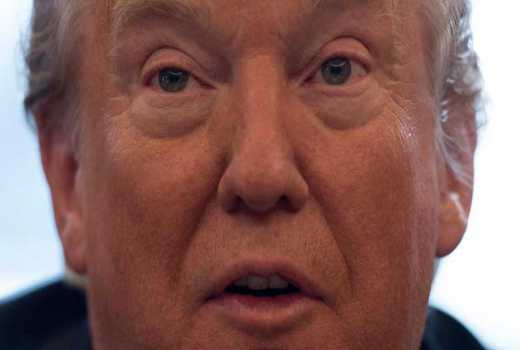
The US President, Donald Trump, who has made a name for sardonic remarks, unwarranted name-calling and careless talk about his opponents, real or perceived, is at it again. On Thursday, during a bipartisan meeting on immigration reforms, specifically the Deferred Action for Childhood Arrivals programme, the US president reportedly referred to African countries as ‘shithole’ and asked why their citizens should be allowed to migrate to the US. While it can be argued that Trump’s toxic language and Twitter rants towards his domestic opponents is not criminal because they are on opposing sides, it is wrong to imply that some developing countries, more so those from Africa, are in such worse state that they deserve such a derogatory moniker.
He has so far denied making those remarks, which have been condemned by the United Nations. Mr Trump continues to rub world leaders the wrong way without realising that the world is a global village and he will need to work with many countries to achieve some of his international policies even as he pushes his America First agenda.